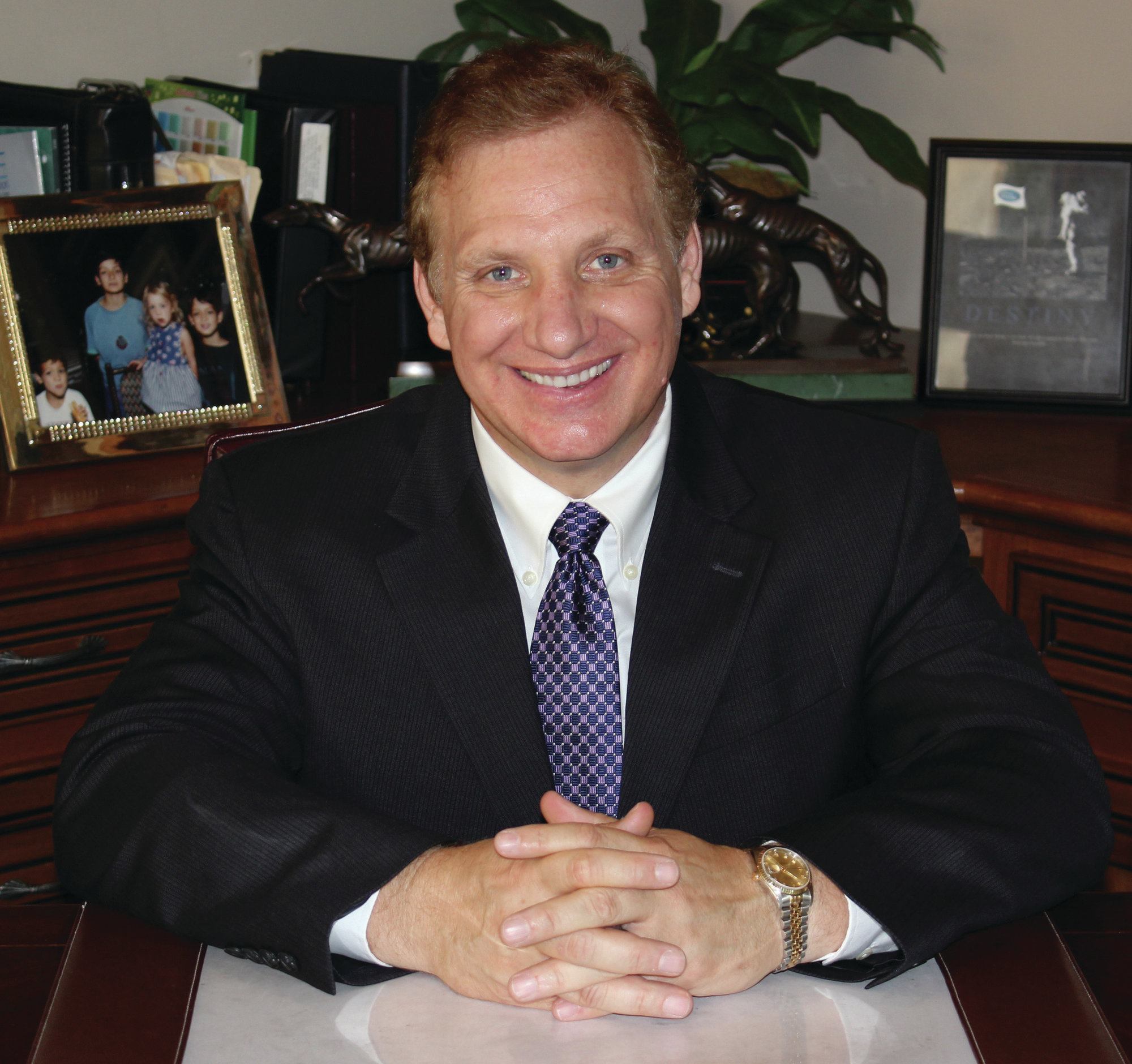In a recent jury verdict, a trademark lawsuit against franchiser Premier Pools Management Corp. was decided in favor of the plaintiffs.
“It’s a big win for the small guy,” said the plaintiff’s attorney, Bryan Rose, of Dallas-based Rose-Walker, LLP.
Next month, a hearing will take place to finalize the verdict. If it is upheld, the plaintiff will be awarded more than $400,000 and a permanent injunction preventing PPMC from doing business as Premier Pools in 12 counties in the Dallas/Fort Worth area.
In 2012, the parent company of Premier Pools — a national builder — was taken to court by another company called Premier Pools, this one an independent, single-location contractor that had operated in Lewisville, Texas, for 22 years when Premier Pools Management Corp.’s franchisee opened his office 25 miles away in Allen.
Sean, Peter and Thomas Dodd, owners of the smaller operation, said their trademark was eligible for protection in 13 counties, and that they had suffered an estimated $500,000 in damages because of confusion caused by having two companies of the same name so close together. They also claimed their reputation had been irreparably harmed.
In addition to damages, the plaintiffs sought an injunction preventing PPMC from working under the Premier name.
In a countersuit, PPMC asked the court to cancel the Dodds’ registration of the name Premier Pools, saying the term “premier” is not distinctive, but rather, descriptive so it should not have been registered. They said the name had failed to attain secondary meaning or, in other words, had not become associated with the Dodds’ company in local consumers’ minds.
PPMC also said they weren’t aware of the Lewisville-based Premier when opening a franchise office in that area. “There are some markets where there are players that we’re aware of [named Premier], and we wouldn’t just go in there and force our way under Premier Pools’ name,” said Paul Porter, CEO of Rancho Cordova, Calif.-based PPMC.
The original jury verdict was rendered in spring 2013 and was mixed. It stated that the Dodds’ trademark was eligible for trademark protection in only four of the 13 counties and that PPMC willfully infringed and diluted the smaller firm’s trademark. The jury declined to award financial damages, saying no irreparable harm was done.
After both parties requested a retrial, a judge overturned the original jury verdict, saying some sections of the decision conflicted with others, and that some did not align with the evidence.
On Sept. 25, a second jury ruled solidly with the Dodds, granting them trademark protection in 12 of the 13 counties, as well as $455,006 in damages — $287,976 in lost profits and $167,030 in profits gained by PPMC as a result of the trademark infringement.
“Obviously, we’re disappointed,” Porter said. “Based on the facts, based on the law, we believe that the plaintiff failed to establish exclusive rights in the North Texas market. … We’re weighing all options, including the appeals process.”
He also said the plaintiff firm built only 20 pools a year in the 10,000-pool market, had no website and did no advertising when PPMC’s franchisee opened. “We had a lot of evidence that they hadn’t acquired secondary meaning,” Porter said.
Rose countered that his client has averaged 61 pools per year in its 25 years in business and has advertised through yard signs and community sponsorships.
Though the jury has found in favor of the plaintiffs, the decision is not yet etched in stone. A hearing will take place Oct. 17 to finalize the judgment, at which time the judge will hear motions and decide issues such as whether the injunction will hold and what damages, if any, will be awarded.
PPMC will likely file an opposition to the awards and injunction, said the firm’s attorney, Leland de la Garza, a partner in Shackelford, Melton & McKinley, LLP, in Dallas.
In the meantime, Porter said, the judge has asked that the parties try mediation to see if there’s a way they can coexist.
Porter said this was the only territory currently occupied by a PPMC franchisee where this has been an issue. Earlier this year, the corporation attained a national trademark to help protect it.
“We spent four years and hundreds of thousands of dollars acquiring the national trademark,” Porter said. “We’re rock solid, and there are no other areas that are in jeopardy.”




